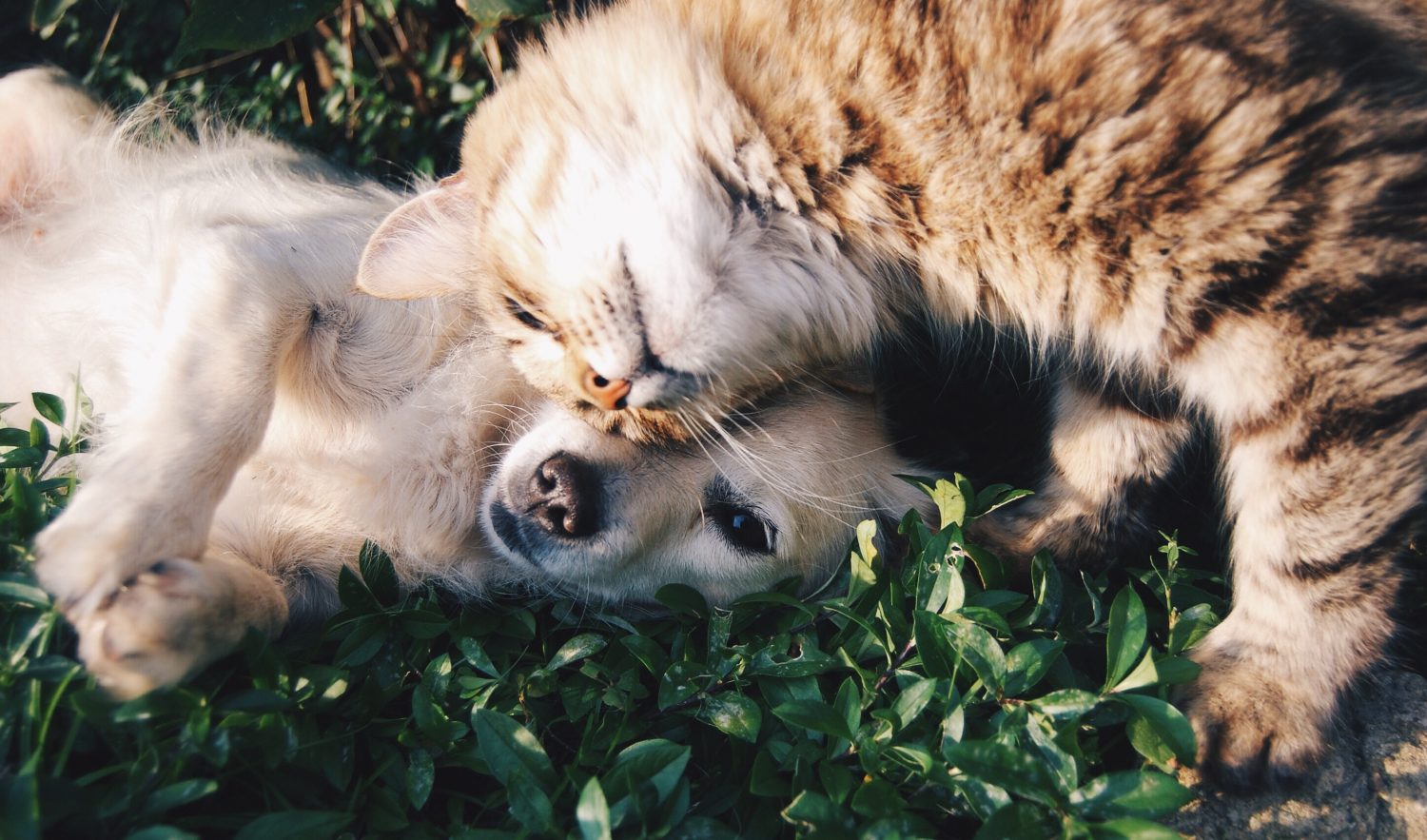How to Stop Pets Being Destructive When Home Alone

Even though furry friends are often our key support system to cheer us up on down-days, they’re no strangers to causing us stress. In fact, one of the most common frustrations for pet owners is what happens when we’re not around and our cuddly creatures are left to their own devices.
Both dogs and cats can get bored if they’re home alone. Whether they’re trying to release pent-up energy or simply want to entertain themselves, our pets can cause damage – fact. Urinating indoors, ruining furniture and chewing your skirting boards are just a few examples!
In this guide, we’ve shared four things that you can do to stop your puppy chewing chairs and your kitten causing chaos:
1. Consider a dog walker
Because dogs get bored when they’re cooped up indoors all day, you may want to consider employing a dog walker to release your hampered hound. This is especially important for owners with a full-time job or those who are regularly away from home.
Having a dog walker to exercise your pet in the middle of the day will help them to release energy. Then, when they return home, they’ll feel more relaxed and be more likely to sleep than ruin your home!
2. Provide them with toys
If you’re not in a position to employ a dog walker, there’s still a way to help your pet release energy: through providing them with fun toys. It’s a great tip for cats, too!
Making sure that your pet has a selection of toys will limit the chances of them turning to household items for entertainment. Encouraging them to focus their attention on something inexpensive means it’s no big loss if it gets damaged.
Shop around and check your local pet store for toys specifically designed for boredom. Many will offer toys for destructive dogs that you can use to keep them entertained. It could be something as simple as a ball that you fill with healthy treats and the dog has to work out how to get them to drop through a small hole.
3. Allow access to outside space
You should also provide your pet with access to outside space. If you’re caring for a dog, consider having a door that allows them to get outdoors when you’re still in the home. This can be done through keeping a door to a secure back garden open in summer.
If you’re caring for a cat, this can be done by installing a cat flap so they can come and go, as they please.
Some cats hate being kept indoors and may be destructive pets if they’re forced to do so. One of the most common problems is ripping-up carpets, but allowing them to roam freely outdoors helps them to burn energy and act on their natural instincts, resulting in them being more satisfied on their return home.
4. Spot signs of separation anxiety
For many pets, their human friends are a lifeline of support, love and comfort. However, some pets take this to extreme levels and suffer with separation anxiety when they’re away from their owners. This is a common condition and a leading cause for undesired behaviour, such as urinating indoors, when they’re left alone.
If you suspect that your dog has separation anxiety, they may require training to get over their attachment and learn to be alone. However, you should always look into the likelihood of a pet suffering from this type of anxiety before adopting them. Some dog breeds are much more likely to develop it, such as the Bichon Frise.
As you can see, your pets don’t always have to tear-up your home when they’re showing destructive behaviour – especially if it’s done through boredom. Remember to search around for the best pet insurance quotes to prevent your pet suffering from injury after being destructive.

Leave a Reply
You must be logged in to post a comment.